Electric Cars Not Essential to Cut Emissions: Feds Say

Often touted as environmental saviors, electric cars are almost irrelevant in the battle to achieve bold new fuel economy and emissions standards.
That, at least, is the finding of the National Highway Traffic Safety Administration, brought forward at panel discussion of industry experts yesterday in Yonkers, New York. NHTSA Administrator David Strickland discussed his agency’s findings on the future of electric vehicles, commenting that electric cars will only need to account for between one and three percent of car manufacturer’s product portfolios by 2025 to meet government standards.
Those standards include a recently passed mandate by the Obama Administration, setting a lofty 54.5 mpg corporate average fuel economy (CAFE) goal.
Instead, NHTSA believes the vast majority of emissions reduction that will be made to achieve new CAFE standards will be the result of improvements to the conventional internal combustion engine.
Despite those findings, the government has willingly shoveled millions of dollars at manufacturers and consumers in a ploy to popularize electric cars.
And rightly so argues Stephen Crolius, Vice President, Alliance Consulting Group, who sat on yesterday’s panel. He said electric cars are a low hanging fruit in the fight toward meeting the government’s fuel economy standards, which will require automaker’s fleets to average the aforementioned figure. Crolius also admitted that electric cars won’t be perfected for commercial success until 2025.
The panel acknowledged that major barriers to widespread electric car adoption still exist. Even though cars like the Nissan Leaf offer range sufficient to cover the average American daily commute, consumers are wary because of what they might need, rather than what they require day to day, Consumer Reports director of auto testing Jake Fisher said.
Electric cars have seen better days. Government funded companies like A123 and Fisker are bankrupt or on the verge of bankruptcy, while sliding electric car sales have seen automakers offer steep discounts in order to boost sales. For 2013 the plug-in Leaf is now $6,000 cheaper than it was in 2012, a move that has resulted in a bump in sales.

Luke is an energetic automotive journalist who spends his time covering industry news and crawling the internet for the latest breaking story. When he isn't in the office, Luke can be found obsessively browsing used car listings, drinking scotch at his favorite bar and dreaming of what to drive next, though the list grows a lot faster than his bank account. He's always on <A title="@lukevandezande on Twitter" href="http://twitter.com/lukevandezande">Twitter</A> looking for a good car conversation. Find Luke on <A title="@lukevandezande on Twitter" href="http://twitter.com/lukevandezande">Twitter</A> and <A title="Luke on Google+" href="http://plus.google.com/112531385961538774338?rel=author">Google+</A>.
More by Luke Vandezande



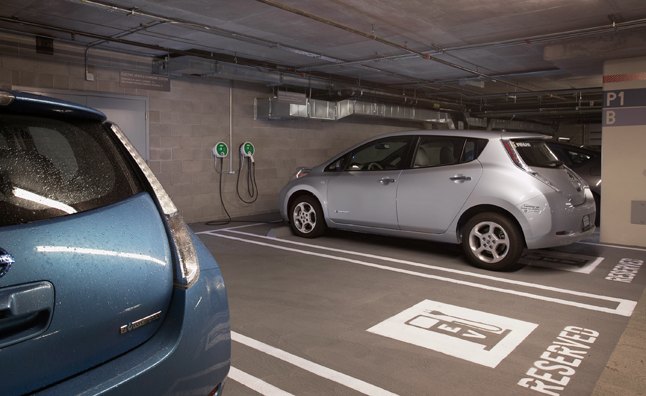
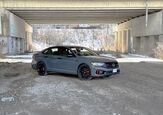



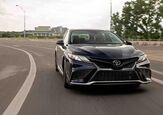





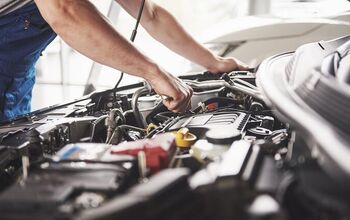


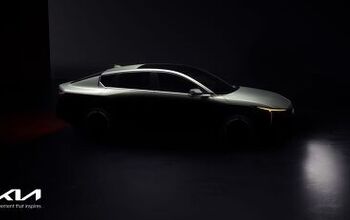
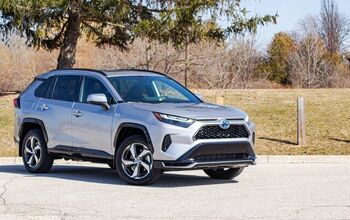
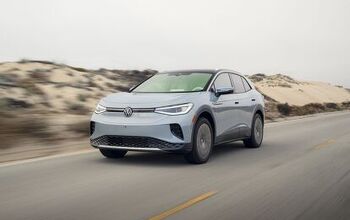
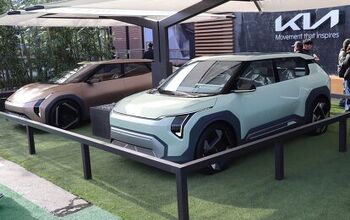

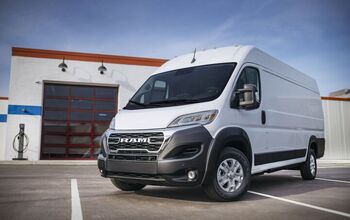

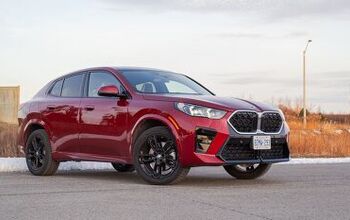
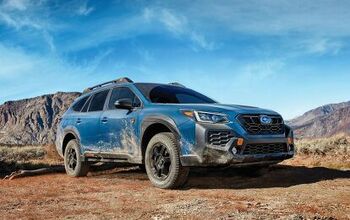
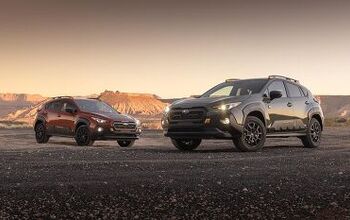
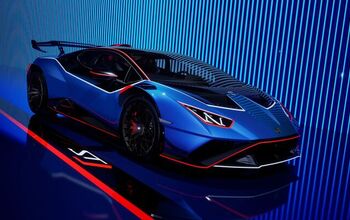
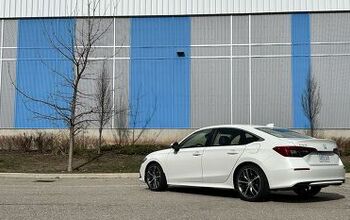



Comments
Join the conversation